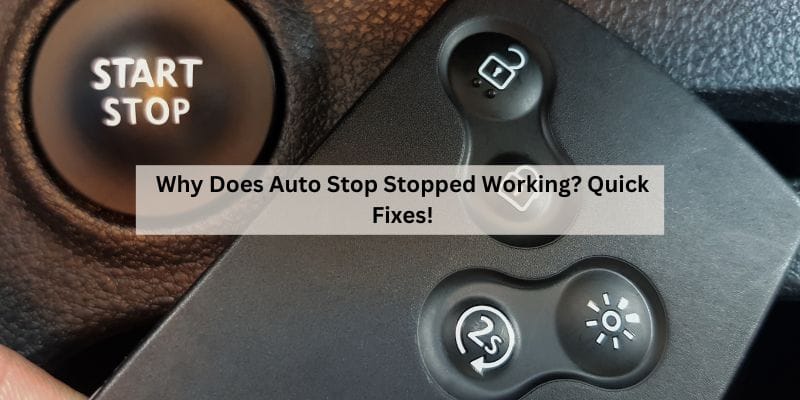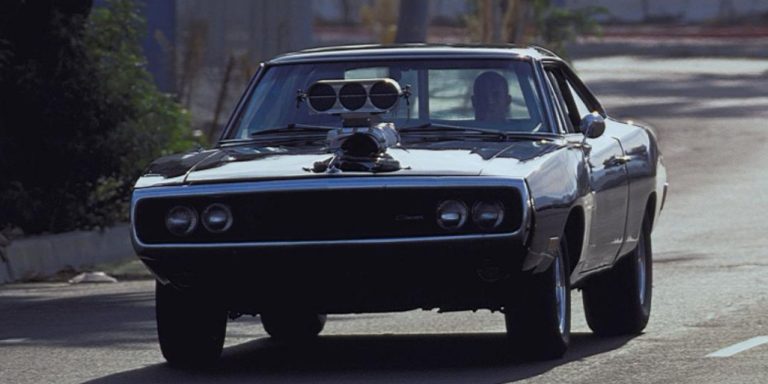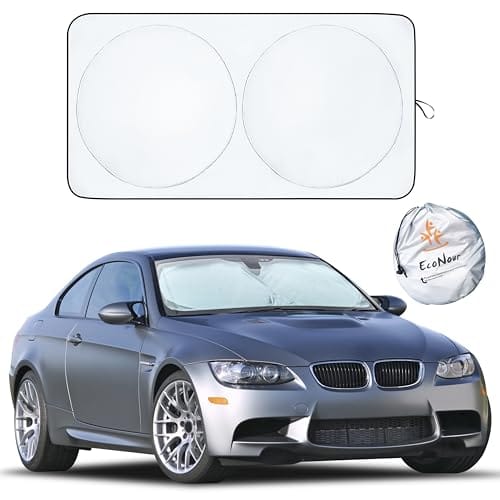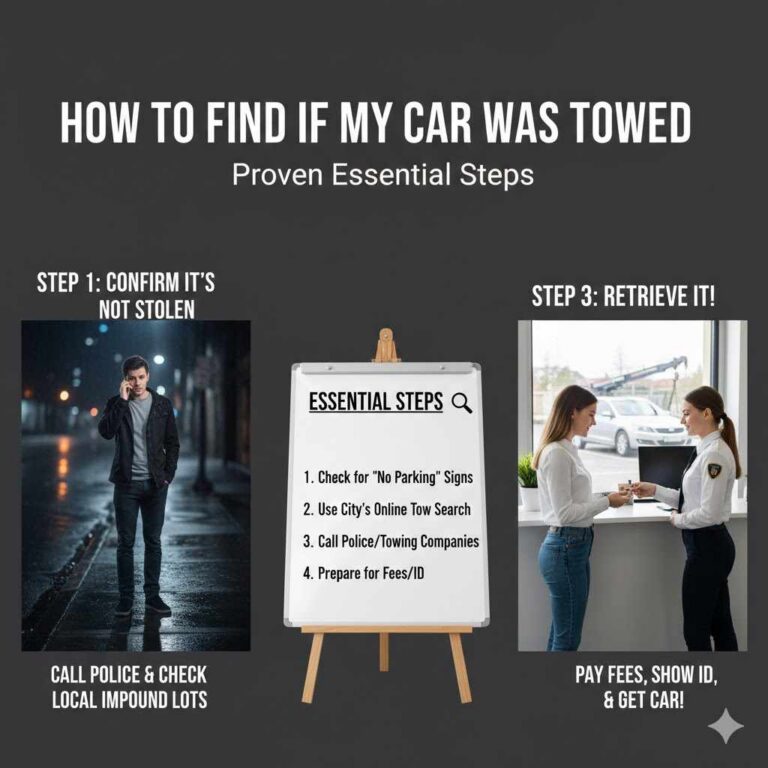Why Does Auto Stop Stopped Working? Quick Fixes!
The auto stop feature may stop working due to battery issues, cold weather, unfastened seat belts, or open bonnet. Frequent gear changes during parking or reversing can also affect its function.
A weak or defective battery is one of the primary reasons for the auto start-stop feature to fail. The start-stop system relies on the battery to quickly restart the engine when needed. Inconsistent performance of the auto stop-start function can also be attributed to the outdoor environment and the electrical load on the battery.
If it’s cold outside or there is a high electrical load, the auto stop-start function may not work properly.
Introduction To Auto Stop Technology
The auto stop-start feature in modern vehicles plays a crucial role in enhancing driving efficiency. However, various factors can lead to the auto stop not working as expected. Issues such as a weak or defective battery, cold weather, unfastened seat belts, or an open bonnet can impact the functionality of the auto stop system. Additionally, frequent gear changes during parking or reversing can also prevent the stop-start feature from operating effectively. Furthermore, a malfunctioning fuel pump can cause the car to shut off temporarily while stopping or slowing down. Therefore, understanding the potential causes of auto stop failure is essential for maintaining and troubleshooting this technology in vehicles.
Common Causes For Auto Stop Malfunctions
One of the primary reasons for auto stop malfunction is battery issues. The system relies on the battery to restart the engine quickly. Temperature extremes can also impact auto stop performance. Cold weather and high temperatures can affect the system’s function. Additionally, unfastened seat belts and an open bonnet can also cause issues. It’s important to note that the system may not work when parking or reversing due to frequent gear changes. If you’re experiencing auto stop problems, it’s essential to consider these common causes.
Sensor And System Checks
When the auto stop feature in your car stops working, it’s crucial to evaluate the sensors and system for faults. Understanding the system errors in auto stop functionality is essential to identify the root cause of the issue. One of the primary reasons for auto start-stop failure is a weak or defective battery. Factors such as cold weather, unfastened seat belts, and open bonnet can also affect the functionality. It’s important to note that the stop-start system may not work when parking or reversing due to frequent gear changes.
Troubleshooting The Start-stop System
Auto stop not working can be frustrating, but there are steps you can take to diagnose the issue. The most common cause of auto stop not working is battery issues. If your battery is weak or defective, it may not have enough power to restart the engine quickly when needed. Other factors such as cold weather, unfastened seat belts, or an open bonnet can also affect the function of the start-stop system. Additionally, don’t expect the start-stop system to work when parking or reversing due to frequent gear changes.
If you’re experiencing issues with your start-stop system, there are a few things you can check before seeking professional help. First, make sure your battery is in good condition. You can test it with a multimeter or take it to a mechanic for a more accurate diagnosis. Next, check your seat belts and ensure they’re securely fastened. Finally, make sure the engine and transmission fluid temperatures are within normal range.
If you’ve tried these steps and are still having issues with your start-stop system, it may be time to seek professional help. A mechanic can run diagnostic tests and determine the exact cause of the problem.
Quick Fixes For Auto Stop Problems
Experiencing issues with your auto stop feature not working? Common causes include a weak or defective battery, cold weather, unfastened seat belts, and open bonnet. Additionally, frequent gear changes during parking or reversing can affect its function.
If you’re experiencing issues with your vehicle’s auto stop feature, there are a few quick fixes you can try before taking it to a mechanic. One common cause of auto stop not working is a weak or defective battery, which can prevent the engine from restarting quickly. Additionally, cold weather, unfastened seat belts, and open bonnets can also affect the system’s function. It’s important to note that the stop-start feature may not work when parking or reversing due to frequent gear changes. If the auto stop problem persists, it’s best to take your vehicle to a trusted mechanic for a diagnosis and repair.
Battery Maintenance For Optimal Performance
Is your auto stop feature not working? There could be various reasons, including battery issues, cold weather, unfastened seat belts, or open bonnet. It’s important to address these issues to ensure optimal performance.
To ensure your battery is Auto Stop ready, it’s important to follow proper battery maintenance practices. Regularly check and clean your battery terminals to prevent corrosion. Keep the battery charged and avoid running electrical components when the engine is off. When parking or reversing, don’t expect the Auto Stop feature to work due to frequent gear changes. Cold weather and unfastened seat belts can also affect the system’s function. If your Auto Stop feature is not working, it could be due to a weak or defective battery. It’s important to address any battery issues promptly to ensure optimal performance of your vehicle’s Auto Stop feature.
External Factors Affecting Auto Stop
The auto stop feature may stop working due to external factors such as a weak or defective battery, cold weather, unfastened seat belts, or open bonnet. Additionally, frequent gear changes during parking or reversing can also affect the functionality of the auto stop system.
It is important to address these issues to ensure the proper functioning of the auto stop feature in your vehicle.
Auto stop is a convenient feature that saves fuel and reduces emissions by automatically turning off the engine when the vehicle comes to a stop. However, several external factors can affect its functionality. Weather conditions, such as extreme cold or heat, can cause the battery to lose power and prevent the auto stop from working. Additionally, the electrical load on the vehicle can also impact the system’s performance. Factors like unfastened seat belts or an open bonnet can trigger the auto stop to disengage. It’s important to note that the auto stop function is designed to disengage during parking or reversing due to frequent gear changes. In conclusion, it’s crucial to address any underlying issues that may be causing the auto stop to malfunction, such as a weak or defective battery or engine accessory usage.
Advanced Troubleshooting Techniques
When it comes to advanced troubleshooting techniques for auto stop not working, interpreting on-board diagnostics (OBD) can provide valuable insights. Upgrading firmware and software updates is essential for addressing potential issues.
Preventing Future Auto Stop Issues
One of the primary reasons for auto stop failure is a weak or defective battery. The system relies on the battery to restart the engine quickly when needed. Additionally, cold weather and unfastened seat belts can affect its function. It’s important to note that the system may not work when parking or reversing due to frequent gear changes. To prevent future issues, it’s crucial to conduct routine battery checks and ensure that it is in optimal condition. Furthermore, investing in quality battery parts and upgrades can significantly improve the performance of the auto stop feature.
Frequently Asked Questions
What Causes Auto Start-stop Not Working?
Auto start-stop not working can be caused by various factors such as battery issues, cold weather, unfastened seat belts, and an open bonnet. It’s important to note that the stop-start feature may not work during parking or reversing due to frequent gear changes.
Another possible cause could be a weak or defective battery, as the system relies on the battery to restart the engine quickly when needed.
Why Is My Auto Idle Stop Not Working?
The auto idle stop may not be working due to battery issues, cold weather, unfastened seat belts, or an open bonnet. It may not work when parking or reversing due to frequent gear changes. Make sure the Auto Idle Stop OFF button is not pressed, the seat belt is fastened, and the engine and transmission fluid temperatures are within the normal range.
Why Is My Automatic Start Not Working?
The automatic start may not be working due to battery issues, cold weather, unfastened seat belts, or an open bonnet. Additionally, the stop-start feature may not work when parking or reversing due to frequent gear changes. It is important to ensure that the battery is in good condition and all seat belts are fastened for the automatic start to function properly.
Why Does My Car Stop Working When I Stop?
A car may stop working when you stop due to various reasons. One common cause is a malfunctioning fuel pump, which can temporarily shut off the car while stopping or slowing down. Another reason could be a weak or defective battery, as the auto start-stop feature relies on the battery to quickly restart the engine.
Other factors like cold weather, unfastened seat belts, or open bonnet can also affect the functionality of the start-stop system.
Conclusion
There are several factors that can cause the auto stop feature to stop working. Battery issues, cold weather, unfastened seat belts, and open bonnets can all affect its function. It’s also important to note that the stop-start system may not work when parking or reversing due to frequent gear changes.
If you’re experiencing issues with your auto stop feature, it’s recommended to check the battery and ensure all seat belts are fastened properly.







